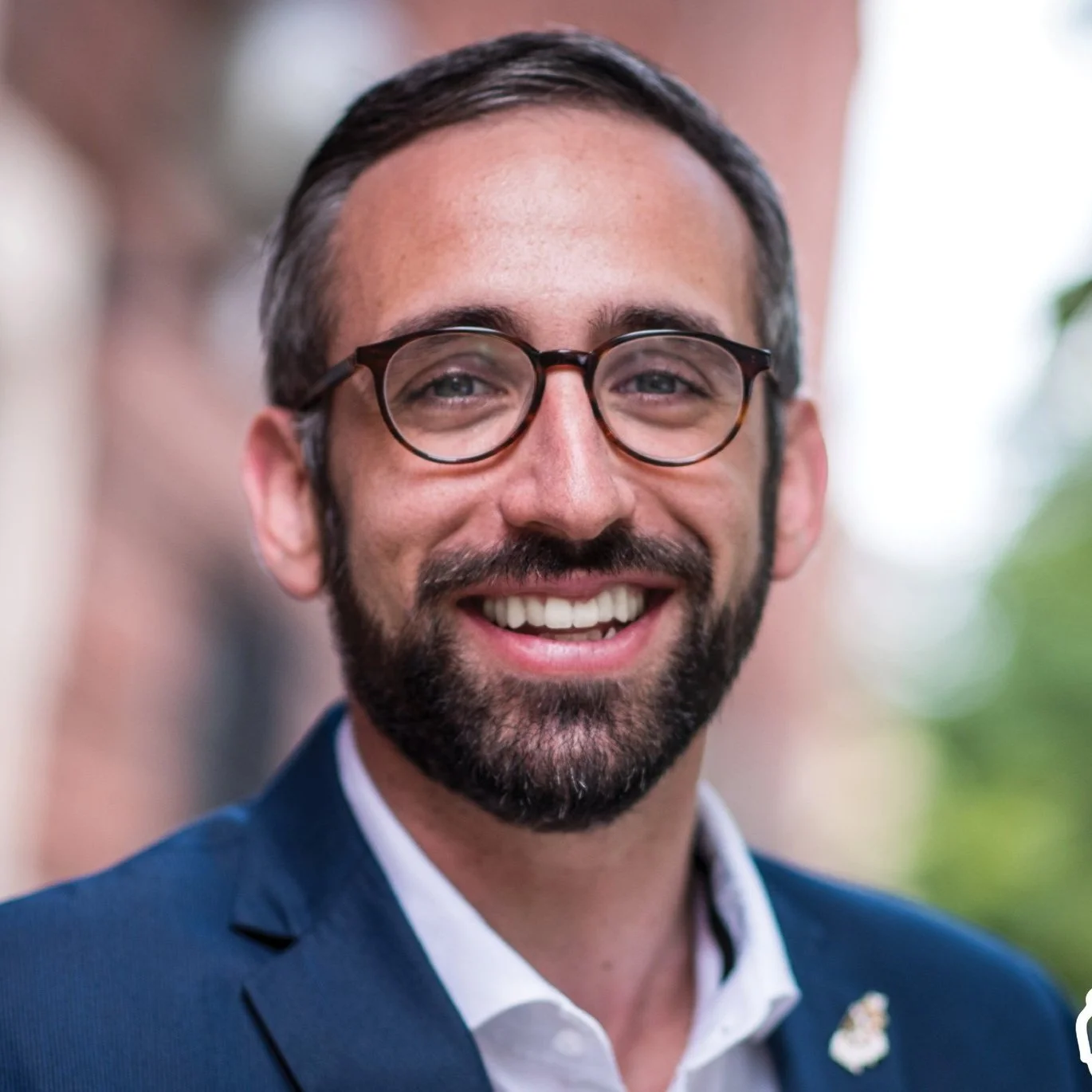We endorse Will Guzzardi.
Will is progressive champion – and that doesn’t stop at transportation issues.
He commits to using his perspective using a variety of modes to ensure our streets are safe and transit is reliable.
We’re impressed with Will’s understanding of transportation policy and transit-specific issues, as well as the impact of IDOT jurisdiction within the district.
Read Will Guzzardi’s responses to our questionnaire
What types of transportation do you use during an average week, and how has this shaped your view of transportation policy?
I drive, take the CTA trains and buses, take Amtrak, and I ride my bike. I have a front-row seat to the joys and challenges of non-car transportation in our city, and that makes me very passionate about making our streets safe and usable for everyone and every mode of travel.
What are some transportation challenges in your district?
Bus and Blue Line service have been major challenges since the pandemic. Safety and cleanliness continues to be a struggle on the Blue Line as well, and we need to figure out a stronger connection to social services for the unhoused people who spend nights on the train. We've seen a lot of improvement on bike lanes in my area, but given how much bike traffic there is on Milwaukee Ave, I think it's high time we had protected lanes through the whole corridor.
How can the State of Illinois address the impending combined $700 million fiscal cliff facing the CTA, Metra, and Pace in a way that ensures sustained and adequate funding for the future?
The state will have to address the question of dollars, either by providing direct support to the systems or by enabling them to find equitable measures of increasing revenues on their own. But we can't address the fiscal shortfall without addressing governance and service issues. This moment provides us an opportunity to take a comprehensive, cross-system look at transit in our region and make reforms that have been needed for decades. I hope we can seize the opportunity.
A federal rule allows for states to flex up to 50% of federal highway funds towards transit instead. New Jersey currently flexes 15%, and California flexes 12% compared to Illinois at just under 3%. Would you make any changes to this amount, and if so why?
Yes, I've long advocated for increased highway funds to transit - it's necessary for the sustainable future of our region to invest in transportation solutions beyond just the automobile.
The Illinois Department of Transportation (“IDOT”) plays a significant role in transportation throughout the state and in Chicago. What is your opinion on their relationship with the Chicago Department of Transportation, local communities, and the impact that has?
I have major IDOT roadways in my district. The agency's unwillingness to think about those streets differently than major highways in rural areas has long been a sore spot for me. I sincerely hope that we're entering into a new chapter of collaboration with CDOT and creative thinking about how IDOT roads can meet the agency's needs while also fitting in the local environment and serving the full cross-section of road users.
How do you view the Illinois General Assembly’s role in setting IDOT’s priorities for public transit, passenger rail, and strengthening accessibility in transportation?
I think we can use the power of the purse to set the agency's priorities. By devoting funding streams to those tasks, we'll force the agency to start taking them seriously; otherwise, it'll be difficult for us to shape IDOT's internal decision-making.
What is your position on IDOT’s current proposals for rebuilding North Du Sable Lake Shore Drive?
I'm glad they're thinking about other modes on the Drive, but I think their concepts don't go far enough. We have a once-in-a-lifetime opportunity to transform the way the Drive works, whom it serves, and how it fits in to its surroundings. I think we need a more transformational set of solutions, which is why I've co-sponsored Rep Buckner's HR 438 encouraging a more holistic overhaul.
